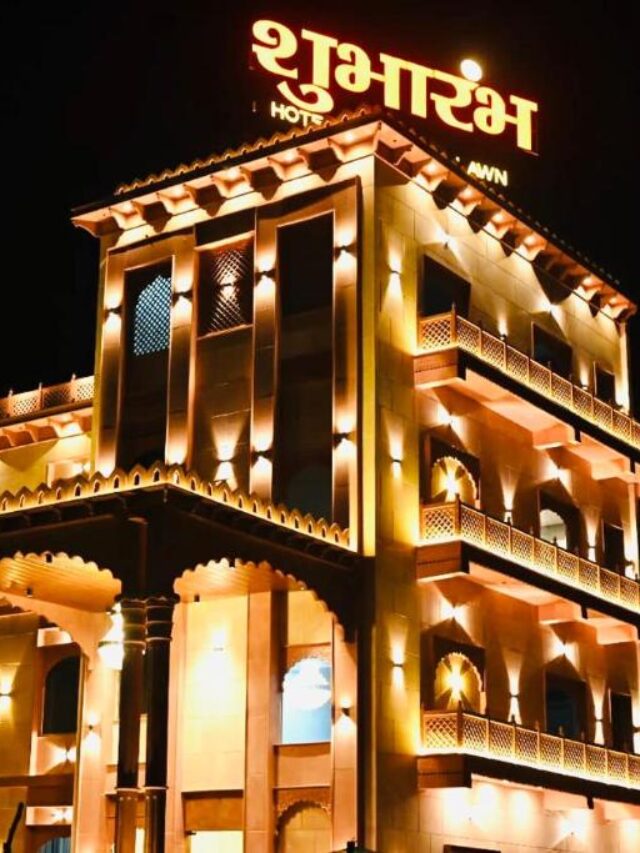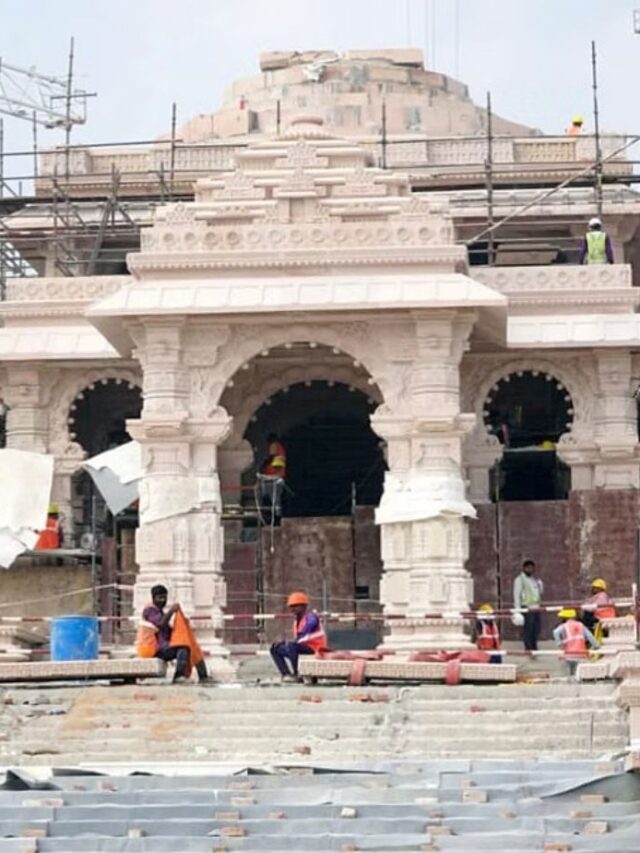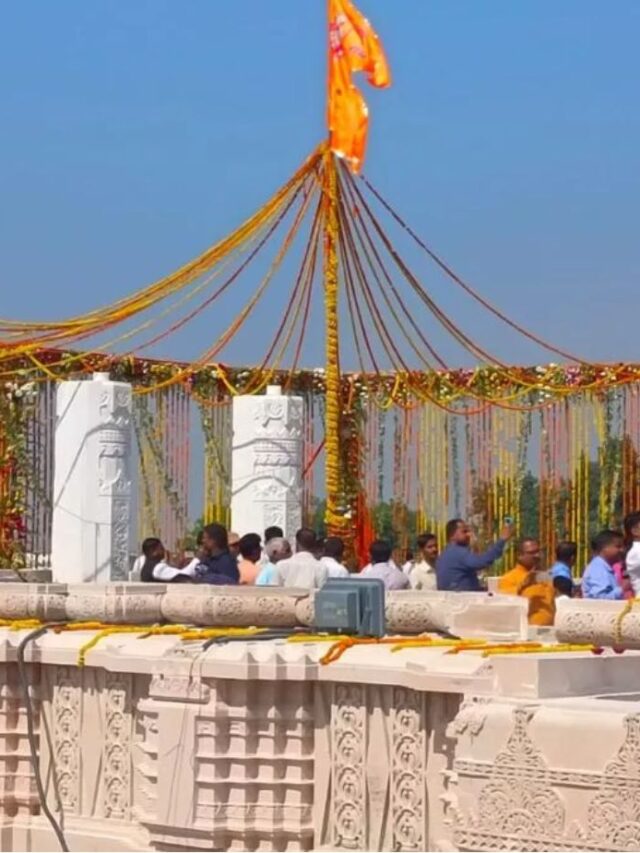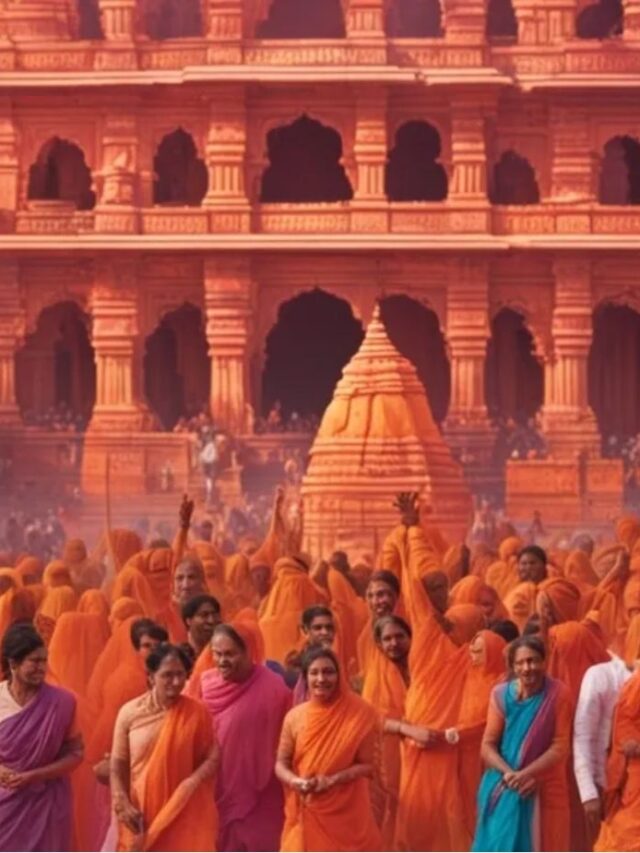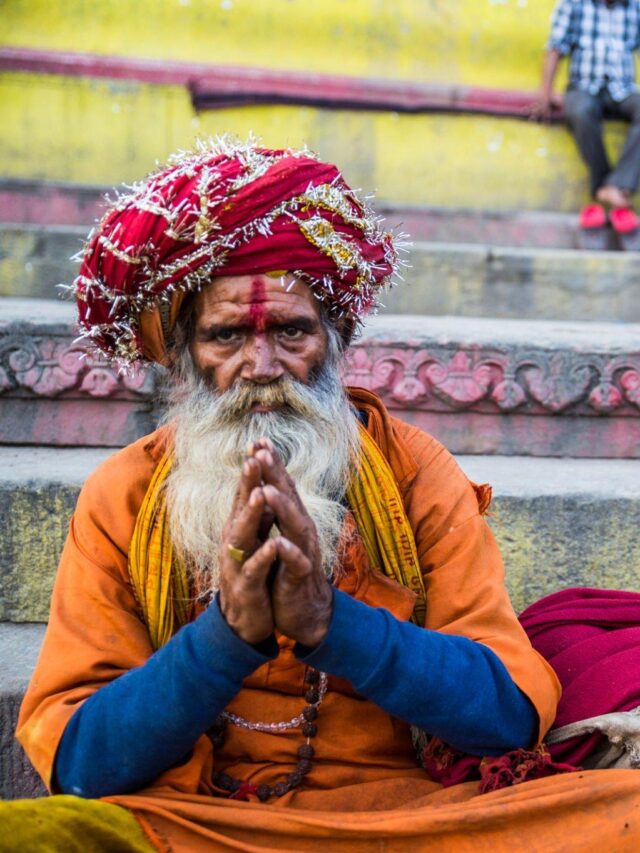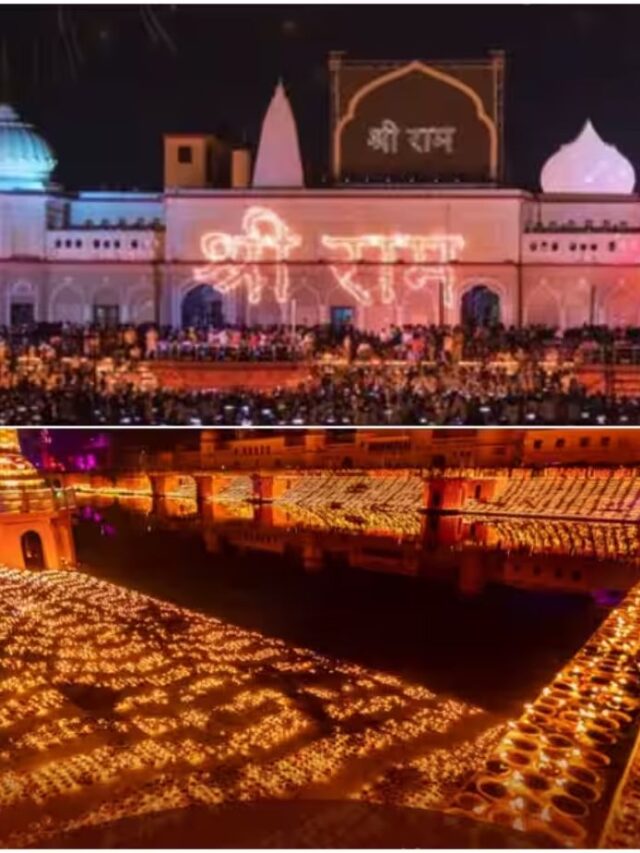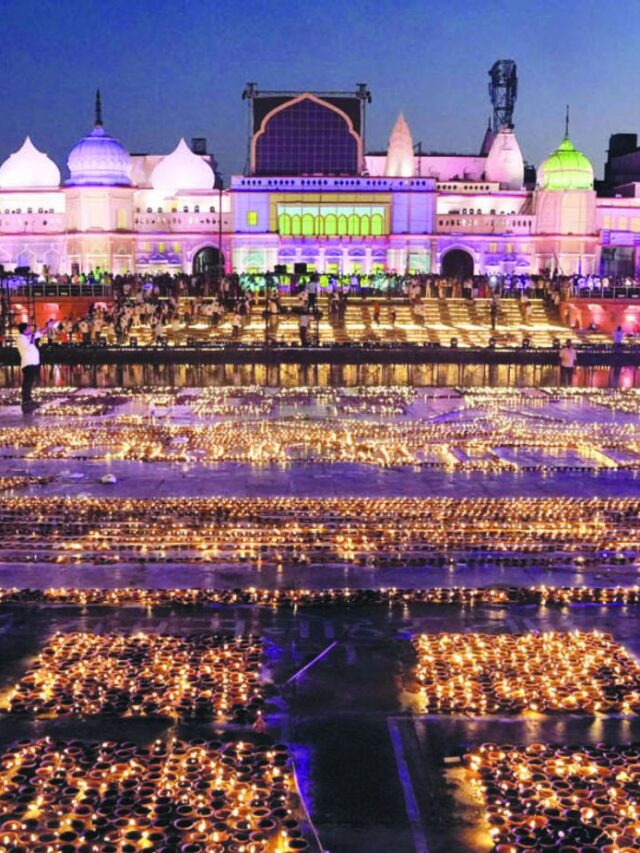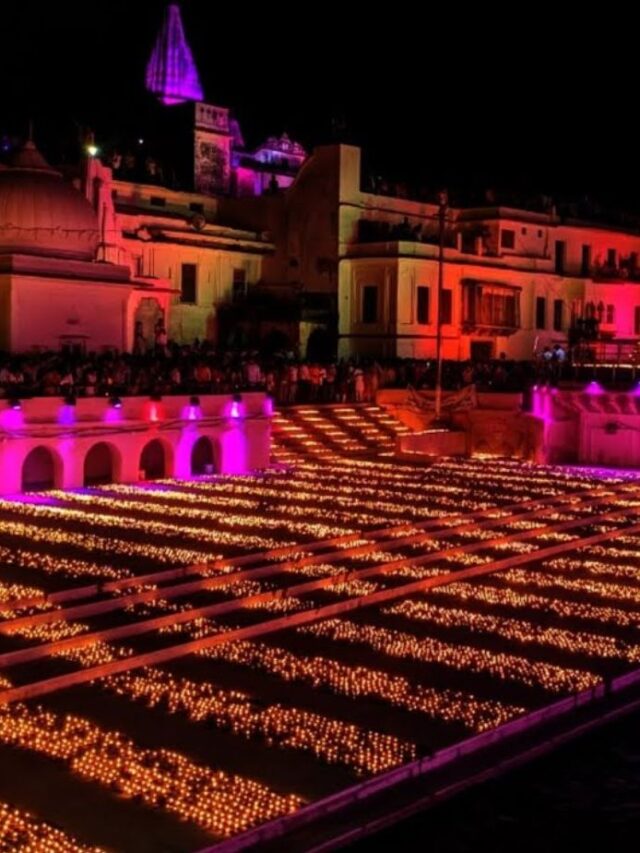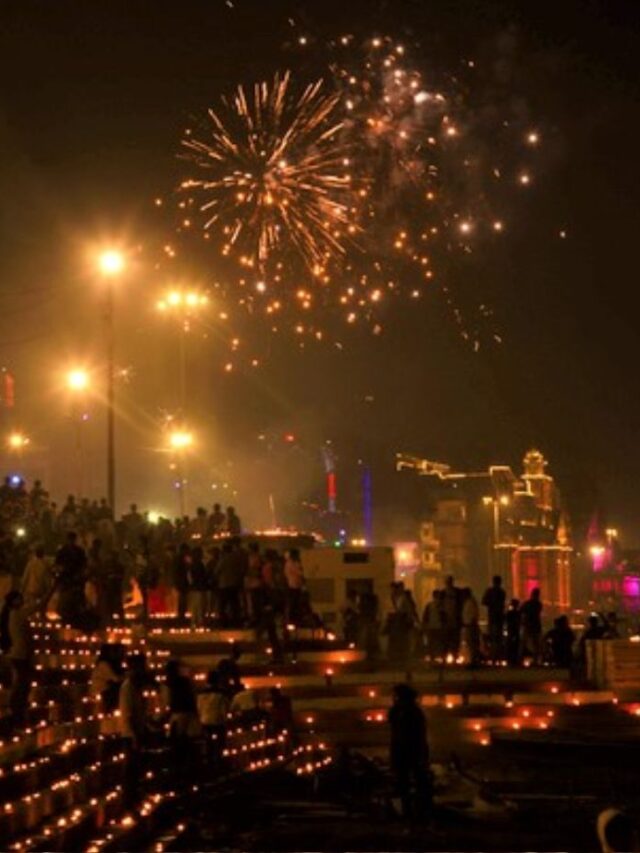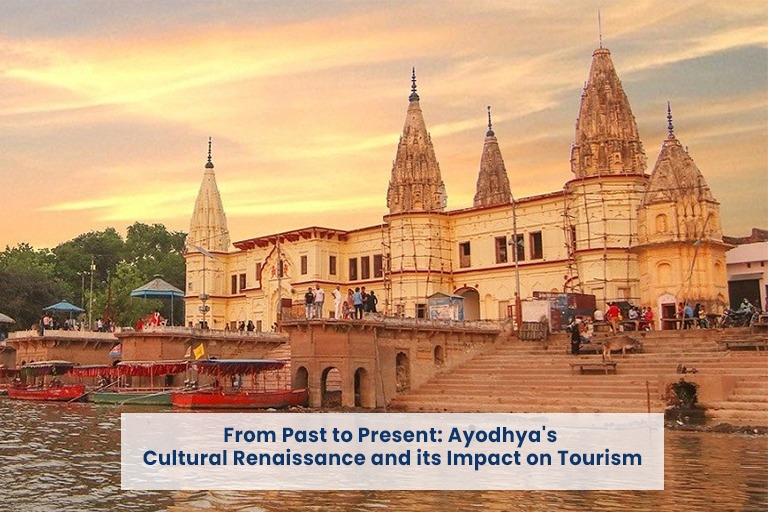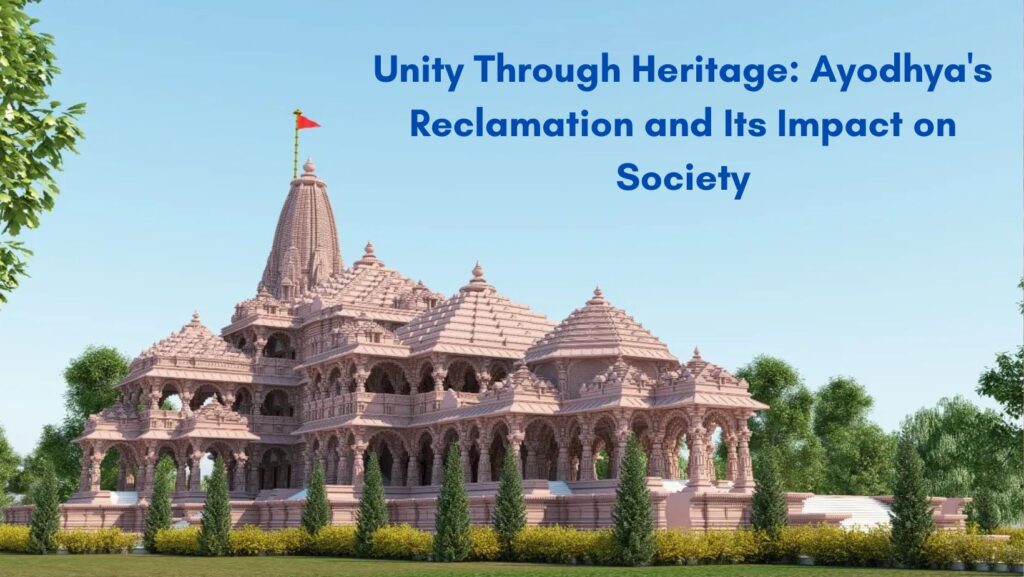The Ram Mandir, a majestic temple in Ayodhya, India, holds profound religious and cultural significance for millions of devotees. A symbol of Lord Ram’s birthplace, it embodies the faith, devotion, and heritage of Hinduism. The temple’s construction signifies a long-standing dream fulfilled and a testament to India’s rich history and heritage. Its completion has not only been a spiritual triumph but also a unifying force, highlighting the power of faith to transcend divisions and foster cultural harmony.
The Historical Context
The Ram Janmabhoomi, often known as the Ram Mandir, serves as a profound testament to a centuries-old dispute, reputedly holding the revered birthplace of Lord Ram, a profoundly worshipped figure in Hinduism. This protracted conflict over site ownership, entangling Hindus and Muslims, birthed a intricate tapestry of legal battles and socio-political strains, ultimately culminating in a landmark judgment from the Indian Supreme Court in 2019, heralding the path for the construction of the Ram Mandir.
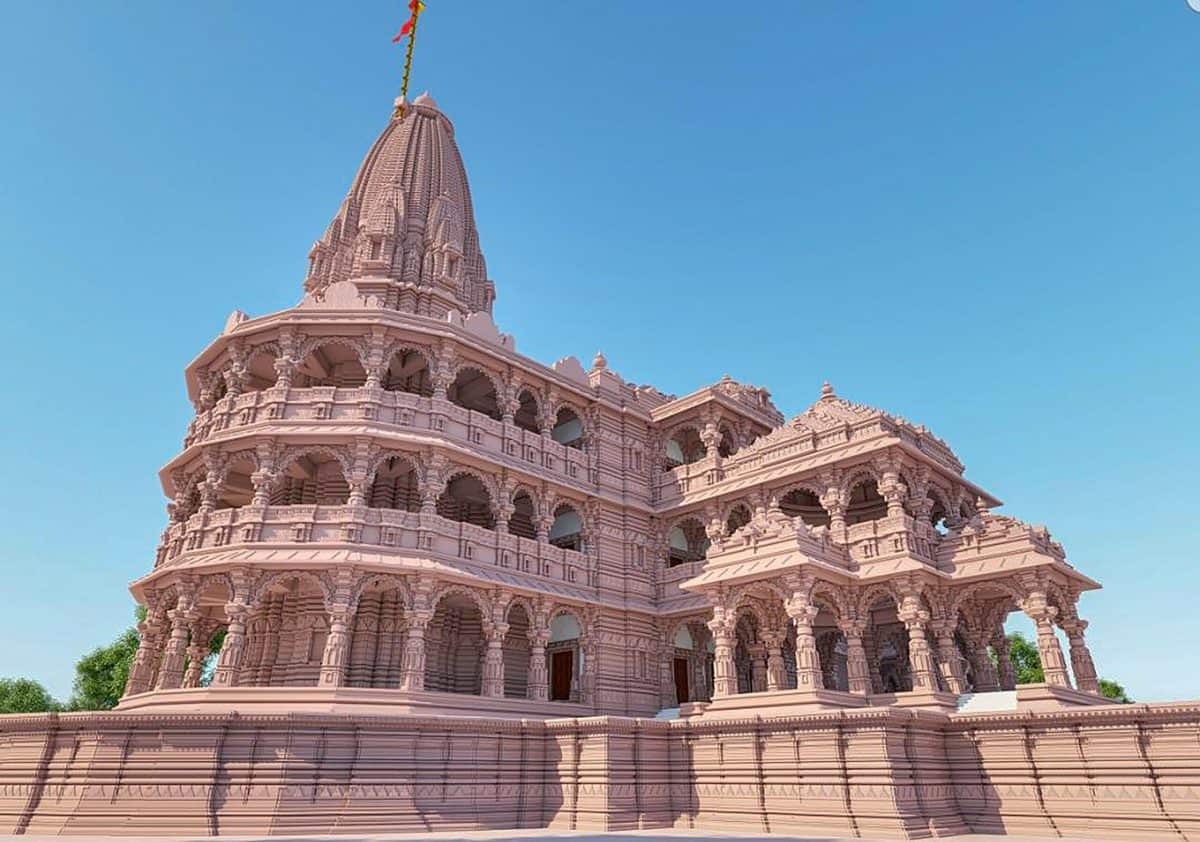
Also read – Jaipur news:Prime Minister Narendra Modi will inaugurate the grand Ram temple
Religious Significance
-
Birthplace of Lord Ram: The Ram Mandir, considered the divine cradle of Lord Ram, an embodiment of Lord Vishnu, represents for Hindus the very essence of virtue, righteousness, and the quintessential path of life. The epic of Ramayana encapsulates his existence and wisdom, thus illuminating countless faithful souls as a beacon of morality.
-
Pilgrimage Destination: The Ram Mandir stands as a sacred Moksha-puri, among the cherished seven in Hinduism, where devout followers hold the firm belief in the potential for spiritual emancipation. Pilgrims travel from all over India and even abroad to pay their respects at this sacred site. The temple’s construction represents the culmination of their faith and devotion.
-
Cultural Heritage: The Ram Mandir stands as an unparalleled architectural marvel, exemplifying the exquisite craftsmanship of antiquated India. Its structure, adorned with intricate engravings and sculptures, mirrors the artistic and architectural brilliance of its era, serving as an enduring tribute to the opulent cultural legacy of the Indian subcontinent.
-
Unity in Diversity: The construction of the Ram Mandir signifies unity in diversity. Within the vast tapestry of India’s cultural diversity, the temple’s enduring presence, even in the face of historical disagreements, serves as a powerful testament to the seamless blending of myriad faiths and traditions that thrives within the nation.
Cultural Significance

-
Architectural Marvel: The Ram Mandir’s architecture is a testament to India’s rich heritage. The temple stands as a testament to the awe-inspiring architectural prowess of North India, adorned with its soaring spires, meticulously crafted ornamentation, and a magnificent edifice. The enduring construction methods employed in its creation, passed from one generation to the next, eloquently showcase the timeless artistry of Indian craftsmen.
-
Connection to Ayodhya: Ayodhya, where the divine birth of Lord Ram transpired and the sacred temple now stands, is an ancient city drenched in the tapestries of time. This storied place finds its echoes in diverse ancient scrolls and scriptures, elevating it to the status of a cultural treasury. The erection of the temple further fortifies Ayodhya’s eminence as an epicenter of cultural and historical import.
-
Preservation of Traditions: The Ram Mandir serves as a multifaceted hub, not confined to its religious significance alone, but also as a dynamic cultural nexus where the rich tapestry of Lord Ram’s traditions, rituals, and festivals is meticulously upheld, weaving a communal bond that nurtures a profound sense of unity and a heritage shared by all.
-
Symbol of National Identity: The establishment of the Ram Mandir stands as an emblem of India’s collective identity, reflecting its rich tapestry of cultures and a steadfast dedication to safeguarding its profound historical and spiritual legacy, serving as a testament to the harmonious coexistence of myriad faiths within the encompassing embrace of Indian civilization.
Contemporary Relevance
In today’s India, the Ram Mandir holds immense contemporary relevance. The temple’s construction represents a significant step toward resolving a longstanding religious and legal dispute. It also mirrors the essence of inclusivity and cooperation, a confirmation of the nation’s capacity to mend rifts and progress harmoniously.
Furthermore, the Ram Mandir is positioned to emerge as a central hub for cultural and spiritual tourism, anticipated to attract a diverse global audience, thus catalyzing the growth of the tourism sector and invigorating the regional economy. Consequently, this will amplify the temple’s cultural and economic importance.
Also read – Ayodhya’s Role in Hindu Mythology: Unraveling the Connection Between Ayodhya and Lord Ram’s Epic Tale
Also read – Ayodhya Ram Temple: Rs 900 crore spent on construction of Ram temple in 3 years, still on trust..
Conclusion
The Ram Mandir holds a profound religious and cultural significance, transcending time and politics. It symbolizes the cherished faith of millions, rekindling the spirit of Lord Ram’s divine presence in Ayodhya. Its construction mirrors a reclamation of heritage, fostering unity amid diversity. In its sanctity, the temple represents a harmonious blend of spiritual devotion and rich historical roots, reminding us that faith can endure, bridging gaps and celebrating the shared tapestry of our cultural and religious heritage.
Also read – Vaishno Devi Yatra Travel Tips

